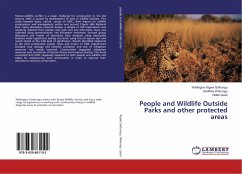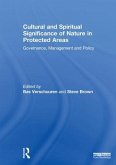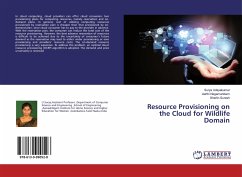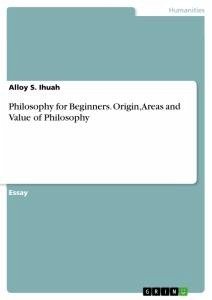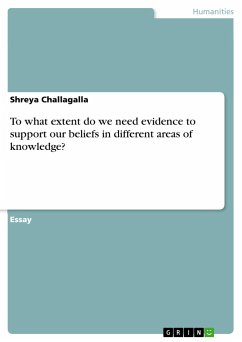Human-wildlife conflict is a major challenge for conservation in the 2lst century. HWC is caused by development of land in wildlife habitats. This study assessed types, nature, causes of HWC, their impact on wildlife conservation and management within and around Chyulu Hills National Park. Using descriptive research design, a sample of 169 respondents was randomly selected from people near park and key informants. Data was collected using questionnaires, key informant interviews; focused group discussions and review of secondary Data analyzed using descriptive statistics while hypotheses testing was done using the chi square test and results tested at the 0.05 level of significance. Results identified elephants as the most problematic animal. Types and nature of HWC experienced included crop damage and livestock predation and lack of mitigation measures was mainly reported. Communities suggested mitigation measures such as erection of electric fences and revenue sharing. The study concluded that HWC negatively impacted to both people and wildlife and called for empowering local communities in order to improve their attitudes to towards conservation.
Bitte wählen Sie Ihr Anliegen aus.
Rechnungen
Retourenschein anfordern
Bestellstatus
Storno

